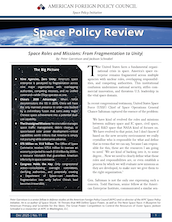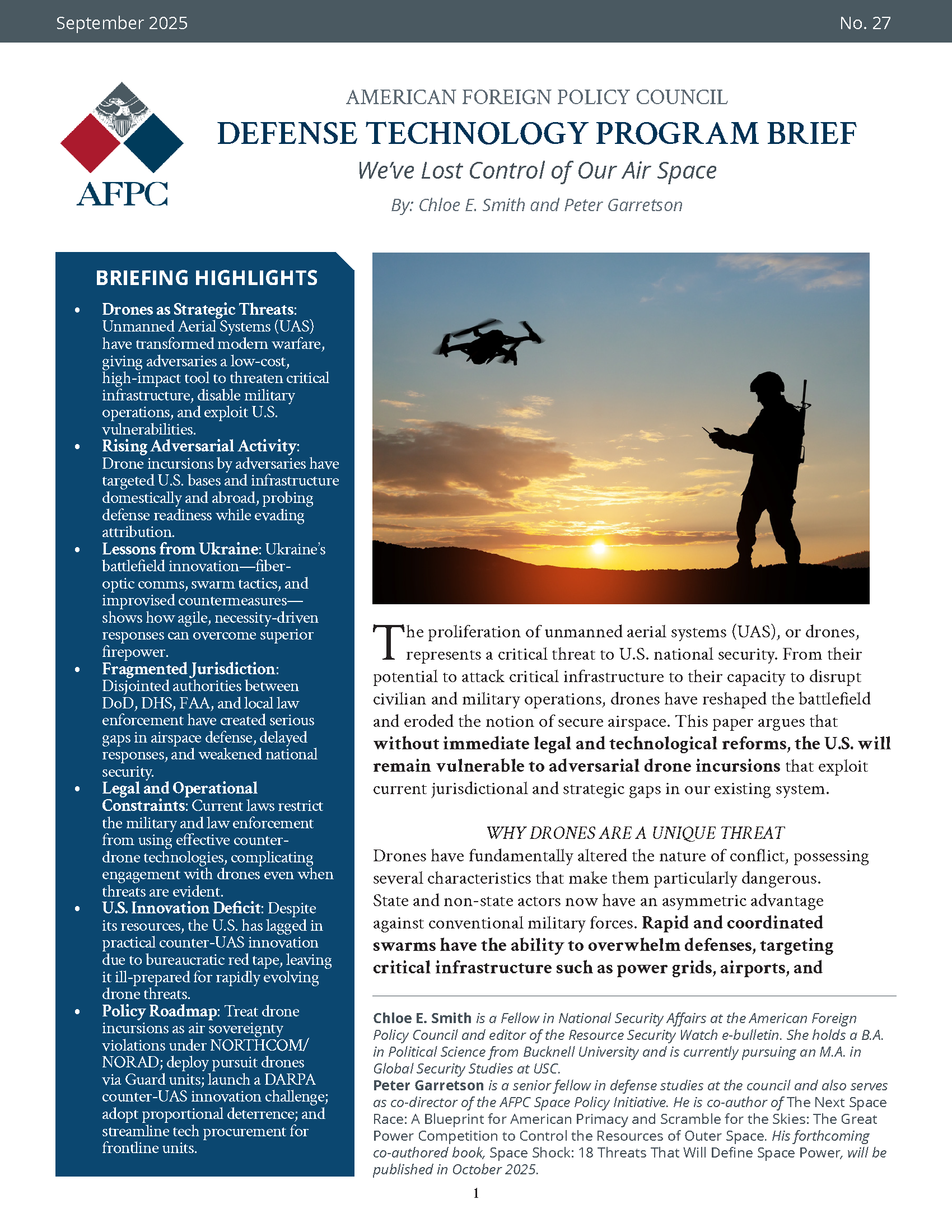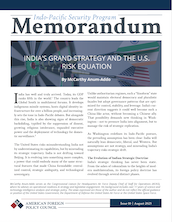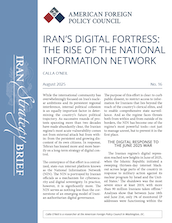
Space Roles and Missions: From Fragmentation to Unity
The United States faces a fundamental organizational crisis in space. America’s space enterprise remains fragmented across multiple agencies with unclear roles, overlapping responsibilities, and competing authorities. This institutional confusion undermines national security, stifles commercial innovation, and threatens U.S. leadership in the vital space domain.



